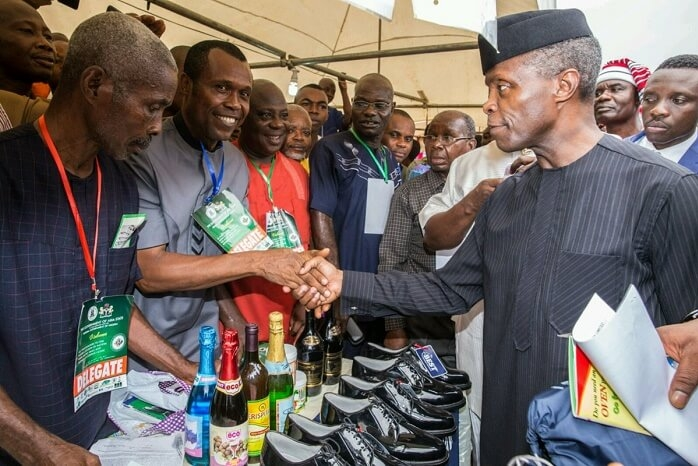
The Igbo apprenticeship system entails talent identification, sourcing a mentor, learning/training and establishment. It is characterized by creativity, innovation, passion, dedication, critical thinking, determination, resilience, and independence. These attributes have helped in producing successful entrepreneurs in Nigeria who are making a positive impact on the socio-economic development of the nation.
This involves several years of learning and mastering the trade under the tutelage of the master or mentor. The mentee is made to see the world as a market place where you need to carve a niche for yourself. This is similar to research as you need to master your area of interest to be able to compete with others. During this stage, the apprentice is expected to be trustworthy (research integrity), hardworking, and innovative. Failure to meet these expectations could result in termination of the apprenticeship program.
In academia, research integrity, honesty and innovation are expected from researchers. Failure to meet these expectations could also result in termination of appointment, plagiarism and academic and research dishonesty.
Register for Tekedia Mini-MBA edition 19 (Feb 9 – May 2, 2026): big discounts for early bird.
Tekedia AI in Business Masterclass opens registrations.
Join Tekedia Capital Syndicate and co-invest in great global startups.
Register for Tekedia AI Lab: From Technical Design to Deployment (next edition begins Jan 24 2026).
Trainee researchers could be made to see the research community as a market place and competitive thereby requiring creativity, innovation, resilience, and passion in order to strive both at local and international levels.
This apprenticeship system that has proved successful and sustainable over the years could be a useful model for research apprenticeship in Nigeria. In this case, the researcher cum mentor sees beyond just supervising a research student, rather sees his or herself as producing a successful future research scientist that will positively impact and improve the nation.
Providing social capital is the hallmark of the Igbo apprenticeship system. While research mentors may not be able to provide research grants/fellowships for their ‘freed’ apprentice, they could help in networking their mentees with established colleagues within the research community – locally or internationally. Research mentors could also assist their mentees with postdoctoral fellowship opportunities.
Benefits of this model?
1. Impactful research capacity building
2. Lasting mentor-mentee relationship
3. Future researchers are holistically trained.
4. Sustainability of research training
5. Steady career progression
The Igbo apprenticeship system could serve as a model for researchers and could help train and retain the next generation of research scientists in Nigeria if properly harnessed.



Clarity of purpose is key, and when there is any form of ambiguity in that respect, nothing great happens.
The Igbo Apprentice system has two broad categories: boys who come from poor background, but want to change that trajectory and the lives of their family members; they are the ones who stay longer and require settlement at the end. The second group are boys whose background are pretty Ok, but their fathers or uncles want them to learn a particular trade, before giving them the seed capital to take off. Therefore the success or failure in each case is largely dependent on trainee’s disposition and will to succeed.
For the research community, why are many people into research? If it’s to earn a living or gain recognition, then there could be serious problem ahead. If people go into research to uplift humanity or help businesses create higher value, then there is great hope, and there wouldn’t be rampant cases of plagiarism and forgery; they are for dubious minds.
So on the side of the Ogas and senior researchers, the expectations are the same: provide support and mentor those who could go on and achieve greatness; but on the side of the boys and junior researchers? Purpose defines everything!